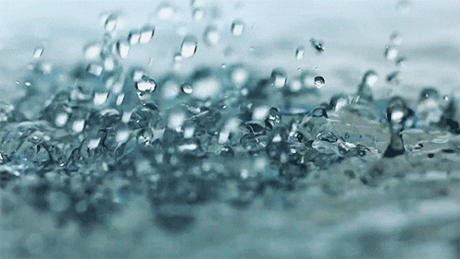Subsequent purchase American Water Works.
American Water Works is a water supplier in the USA. You often read the sentence "XY is always consumed" to express that a product is always in demand, regardless of the economic situation or similar.
In my opinion, this is often a fallacy - people always eat, for example, but what exactly? Maybe the cheap own brands...?
When it comes to water supply, on the other hand, the sentence is probably true. Fresh water is always needed - and you can't choose between 100 water suppliers.
The security of AWK's business model was therefore probably rewarded with a significant valuation premium in the past (P/E ratio between 30 and 40). The P/E ratio is now 24, which is significantly lower than in recent years and the historical average.
The dividend yield is therefore around 2.4%.
Due to the predictability of sales and profits and the crisis-proof business model, I consider the dividend to be secure and it should continue to increase in the future (last 5 years approx. 9.7% increase p.a.).
The persistent interest rates are a burden on the company to some extent, as it is also making takeovers or taking over the supply of public institutions (privatization).
In my opinion, however, this is only a temporary effect.
I've also had the water tech stock Xylem on my radar for a long time - but it's still too expensive for me. Hence the decision in favor of AWK.
What are your thoughts on the share or the sector?








